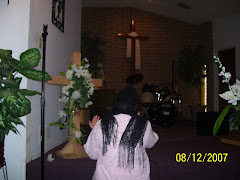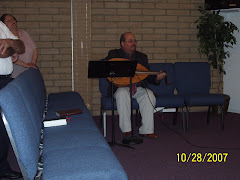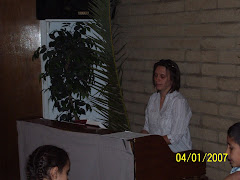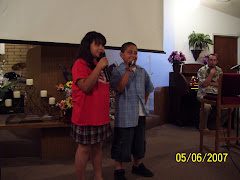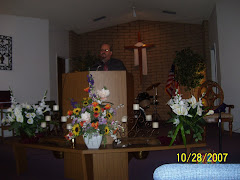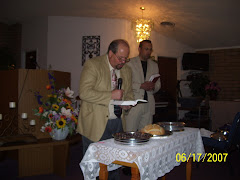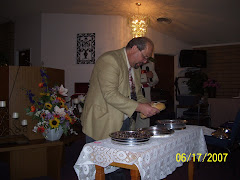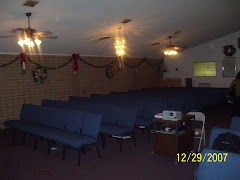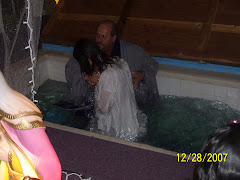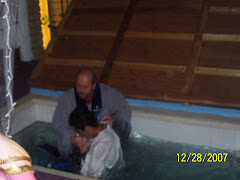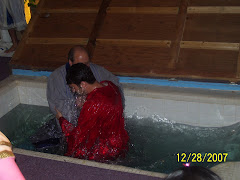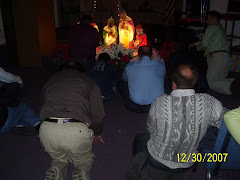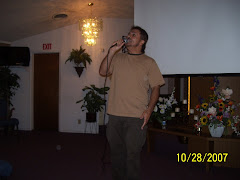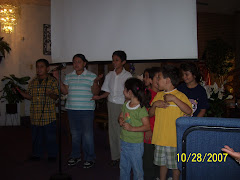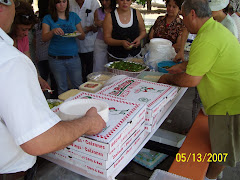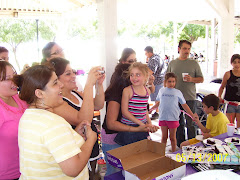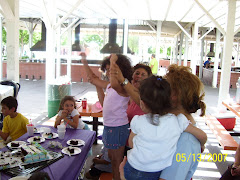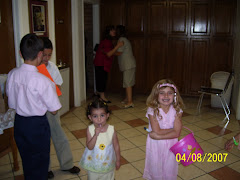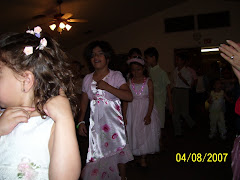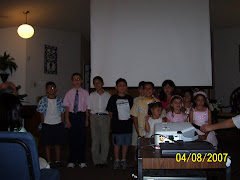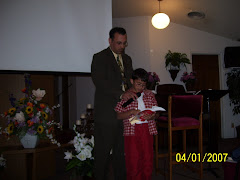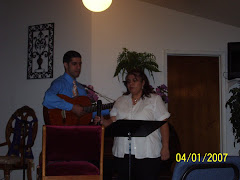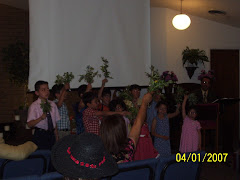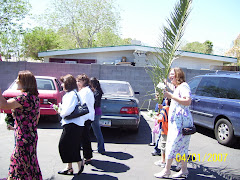I wrote the following outline in May 2000 as encouragement and some understanding to the parents of a 13 month old Ethiopian boy, Fasica, who was born in a
I wrote this outline for them based on my personal experiences as an older brother to a sister, Kelly, with Downs syndrome – a volunteer for the Wyoming Special Olympics – a volunteer with the Mesa (Arizona) Public Schools’ Special Education Department – a MPS Instructional Assistant (sounds more impressive than it really was) – and a respite provider for a couple of disability provider services.
My biggest motivation for converting it into a blog was radio sports talk host, Chris Russell. He had made mention that his son was in a “Challenger League” for children with disabilities. That is when I remember that I still had this on my hard drive and that others might be able to draw encouragement from it if I made a blog out of it. So I hereby dedicate this blog to Kelly, Fasica, and the son of Chris Russell.
I Physical, Mental and Developmental Disabilities are not...
2. an indication of a lack of intelligence.
II Do not assume that they are incapable of…
1. achieving anything.
4. intelligence.
III The Physically, Mentally, Developmentally Disabled need to…
3. be motivated just like everyone else.
IV Practical things that we can do to help
4. Realize that they may develop in growth spurts in different areas at different time.
5. Be realistic about what to expect so that you do not expect too much.


